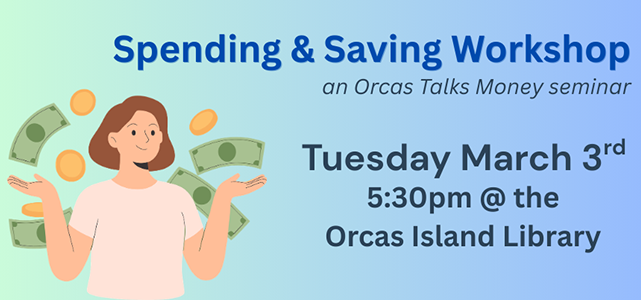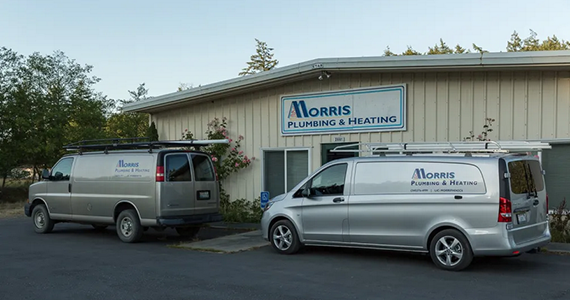— from Rep. Rick Larsen’s Office —
WASHINGTON, D.C. – Today, Rep. Rick Larsen (WA-02), a senior member of the House Transportation and Infrastructure Committee, helped secure passage of the Water Resources Development Act (WRDA) of 2020, bipartisan legislation that invests in U.S. ports, channels, waterways, flood control and ecosystem restoration. The House of Representatives passed the final bill by a voice vote.
“You cannot have a big league economy with little league infrastructure. That is just as true for roads, bridges and transit as it is for maritime infrastructure,” said Larsen, Washington state’s lone representative on the Transportation and Infrastructure Committee. “WRDA reauthorization keeps the U.S. maritime system competitive and resilient, creates well-paying jobs and helps ensure a heathy environment in the Pacific Northwest.”
According to the Washington Department of Commerce, the state’s maritime industry generates more than $21.4 billion in gross business income and directly employs more than 69,500 people. Puget Sound ports export the second largest amount of agricultural and forest products in the U.S. In 2015, more than 17 million tons of containerized cargo and 25 million tons of bulk and break-bulk cargo passed through Washington’s ports to or from foreign countries.
WRDA 2020 includes several Larsen-led provisions to boost federal resources for critical habitat restoration and improve accessibility for Northwest Washington’s ports.
Puget Sound Restoration Funding
Larsen worked with Rep. Kim Schrier (WA-08) to include a provision that expands funding to restore nature-based aquatic ecosystems and improves passage for salmon and steelhead.
“The waters of Puget Sound and its wildlife are cornerstones of Northwest Washington’s cultural identity, maritime economy and environment,” said Larsen. “This provision dedicates robust federal funding to support habitat restoration and help recover endangered salmon and steelhead in the Pacific Northwest.”
Larsen also increased federal investment for the reuse of clean dredged material from waterways and channels. This material supports ecosystem and shoreline restoration, reduces storm damage and promotes resiliency.
Local Port Modernization
Larsen’s efforts also make it simpler to repair aging port infrastructure at the Port of Anacortes.
“Small ports like the Port of Anacortes create jobs and drive economic activity across various sectors from fishing and manufacturing to shipbuilding and recreation. Maintaining and building infrastructure at these ports is critical for development and growth,” said Larsen.
“The Port of Anacortes would like to thank Congressman Larsen for his attention to detail and his work to support our Port,” said Dan Worra, Executive Director of the Port of Anacortes.
“While the federal waterway adjustment Congressman Larsen championed may seem like a small technical policy change, it will pay large dividends for the public as the Port of Anacortes continues to modernize and upgrade our facilities.”
Level Playing Field for U.S. Ports
The Harbor Maintenance Trust Fund (HMTF) is a key funding source for dredging waterways and keeping U.S. ports competitive. WRDA 2020 calls on the Government Accountability Office (GAO) to study the unmet infrastructure needs of ports and inland harbors, including medium-size donor ports. Larsen successfully amended the bill to assess the annual funding trends for moderate-use harbors since the designation was created under the Water Resources Reform and Development Act (WRRDA) of 2014.
“The growing infrastructure needs of local harbors have outpaced HMTF allocations, which is particularly hard for moderate-use ports like the Port of Everett,” said Larsen. “As the country works to recover from the COVID-19 pandemic, putting U.S. ports on a level-playing field is a win for the economy.”
“On behalf of the Port of Everett, I want to thank Congressman Larsen for his continued support to ensure that moderate use harbors like Everett continue to be eligible for harbor maintenance funds,” said Port of Everett CEO Lisa Lefeber. “Having access to this capital will allow us to remain competitive in a global environment and ensure we can reinvest in our maritime facilities to support long-term job growth in our region.”
Longtime Champion of Northwest Washington’s Maritime Systems
Larsen has long championed Northwest Washington’s maritime systems in previous WRDAs. In 2018, Larsen significantly increased federal funding for the Puget Sound Adjacent Waters Restoration program (PSAW) to support ecosystem restoration in the Sound. In 2014, Larsen pushed for reforms that enabled local agencies to pay for expedited permitting from the U.S. Army Corps of Engineers for critical infrastructure projects. He also secured mandatory minimum funding for small ports in the Second District that are economic drivers for their local communities, like the Ports of Anacortes, Bellingham and Skagit.
“I will work with my colleagues to get this bill across the finish line to help move the economy forward and strengthen maritime infrastructure in the Pacific Northwest and across the nation,” said Larsen.
For a summary of the Water Resources Development Act of 2020, click here.
**If you are reading theOrcasonian for free, thank your fellow islanders. If you would like to support theOrcasonian CLICK HERE to set your modestly-priced, voluntary subscription. Otherwise, no worries; we’re happy to share with you.**







